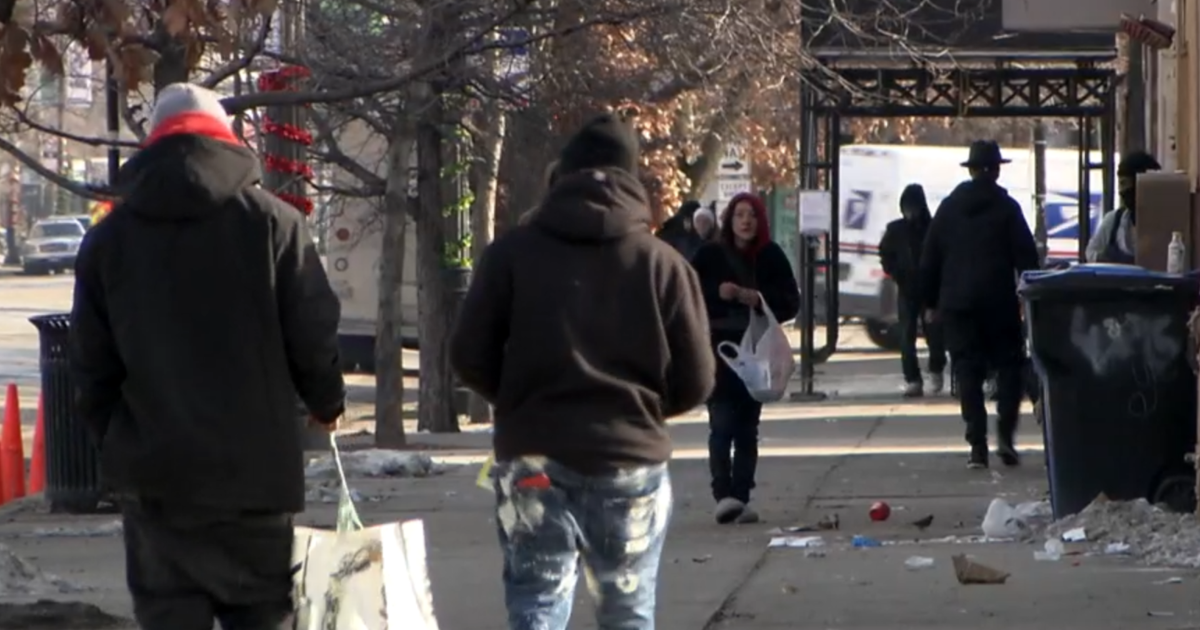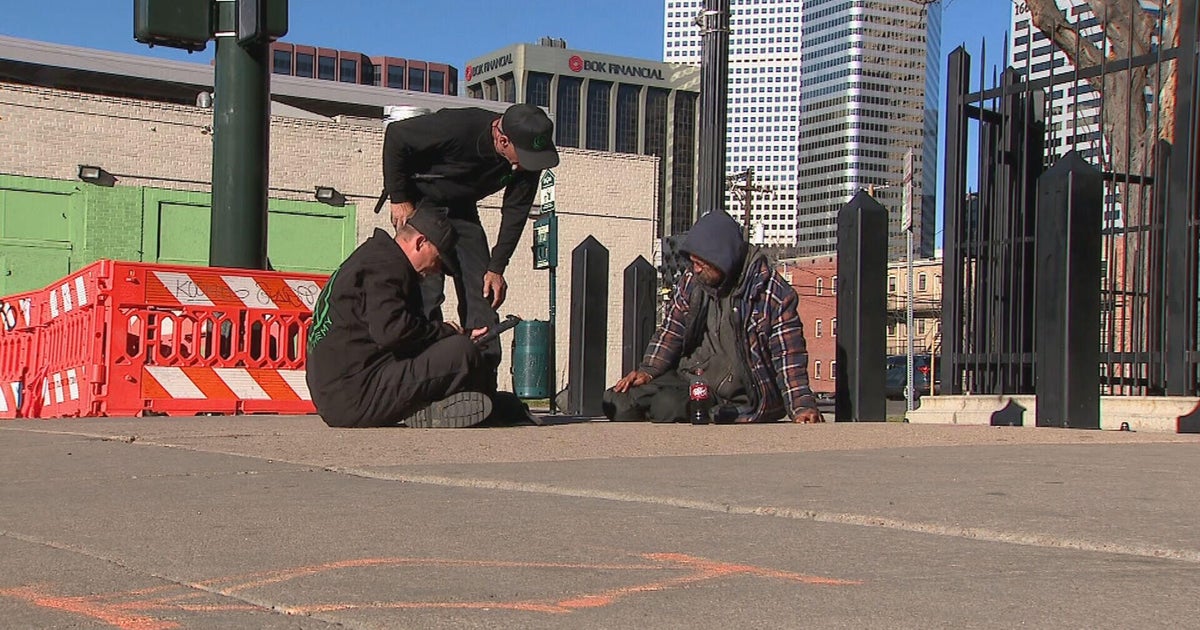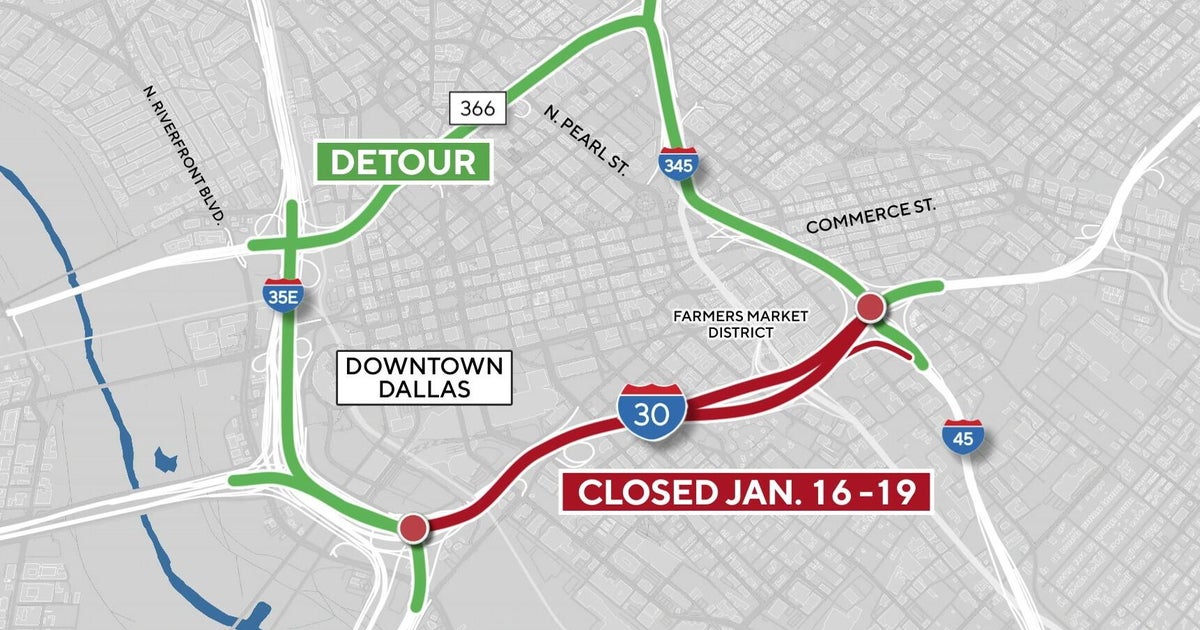Del Valle: Parking Meter Deal Is Bad For Chicago
CHICAGO (CBS) -- Mayoral candidate Miguel Del Valle says the parking meter privatization deal two years ago was a raw deal for Chicagoans, and if elected, he plans to renegotiate the contract.
His remarks Friday on the eve of a built-in rate hike for the city's parking meters.
LISTEN: Newsradio 780's Mike Krauser Reports
Podcast
Rates outside the Loop -- but still in the downtown area -- go from $2.50 to $3. The affected area for these rates is bounded roughly by Division Street, Cermak Road, Halsted Street and Lake Michigan.
Meanwhile, neighborhood parking goes from $1.25 to $1.50 an hour.
"Tomorrow, people who park downtown on the streets of the city of Chicago are going to be paying highest parking rates in the country. This is crazy. It is inexcusable," Del Valle said. "We are stuck right now with bad deal – a bad deal for the residents of the city of Chicago, a bad deal for tourists, a bad deal for families who come to visit the City of Chicago. It's bad deal all way around."
Del Valle said if elected mayor, he would not only direct the city's attorneys not to fight a lawsuit filed by the Independent Voters of Illinois-Independent Precinct Organization seeking to invalidate the contract, but he would also file a lawsuit against the private firm that controls the meters, Morgan Stanley-controlled Chicago Parking Meters LLC, on behalf of the people of Chicago.
"We need to renegotiate this bad contract," Del Valle said.
Two years ago, the city entered a 75-year, $1.15 billion lease with Chicago Parking Meters, LLC, a firm organized by Morgan Stanley, to privatize the collection of funds at meters.
In addition to jacking up rates and replacing the old parking meters with electronic pay boxes, the privatization deal also did away with free Sunday and holiday parking.
Under the contract, by 2013, it will cost $6.50 per hour, or 26 quarters, to park in the Loop, $4 to park in downtown outside the Loop, and $2 to park in the neighborhoods. After that, rates will be adjusted annually by inflation.
But Del Valle also said the parking meter contract presents long-term problems.
"In effect, the city has sold its right to control its own streets," Del Valle said. "Under this agreement, the city can't put in bike lanes, create express bus lanes, or take other actions that might encourage the use of public transportation or provide cleaner and healthier air, without paying the investment company money that we as a city don't possess."
Echoing some the points made in the IVI-IPO lawsuit, Del Valle said the contract means in essence that city has given up control of its own streets for 75 years. This comes as other cities reduce the number of parking spaces and improve sidewalks to keep the air as clean as possible, he said.
He said he believes the parking meter deal is unconstitutional.
He also said there is precedent for the city choosing not to fight a lawsuit such as the one against the parking meter deal. He compared the situation to the State of California choosing not to fight a lawsuit to overturn Prop 8, the ballot initiative that made same-sex marriage in the state illegal and reversed an earlier state Supreme Court decision, because the state believed the plaintiffs were right.
From the beginning, the parking meter deal has since been roundly criticized as a bad deal for the city and a bad deal for those who have to park here.
Also, about six months after the parking meter deal was approved, the city Inspector General's office indicated the city could have reaped $1 billion more for the meters than it got in the deal.
But Mayor Richard M. Daley has always defended the deal saying it prevented a tax increase and service cuts.
As for the money from the lease, it's just about gone.







